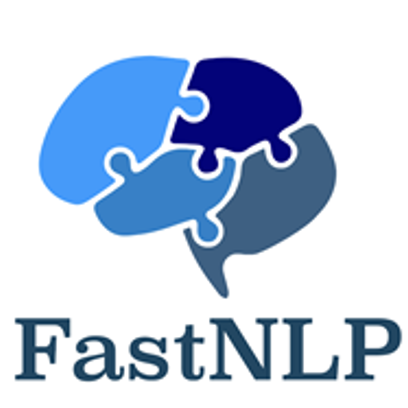Discover and explore top open-source AI tools and projects—updated daily.
chinese_text_normalization by  speechio
speechio
Chinese text normalization for speech processing
Top 47.7% on SourcePulse
<The chinese_text_normalization repository provides a ready-to-use module for normalizing Chinese text, specifically tailored for Automatic Speech Recognition (ASR) post-processing pipelines. It addresses the scarcity of accessible, language-specific text normalization tools by offering a robust solution for common normalization tasks, benefiting developers and researchers in Chinese speech processing.>
How It Works
The project implements several normalization types, including Non-Standard Word (NSW) normalization for categories like dates, numbers, and money, as well as punctuation removal and English word case conversion. NSW normalization leverages regular expressions, while punctuation removal utilizes predefined lists for both Chinese and English. The system is designed for flexibility, supporting plain text, Kaldi archive, and TSV formats, ensuring compatibility with various ASR data pipelines.
Quick Start & Requirements
- Installation: Requires Python 3. The
run.shscript in theTNdirectory can be used for examples. - Dependencies: For Inverse Text Normalization (ITN),
thraxmust be installed, and its binaries must be in the system's PATH. A Makefile dependency forthraxgrammar is also mentioned. - Input Format: All input text must be UTF-8 encoded.
Highlighted Details
- Supports normalization of cardinal numbers, dates, digits, fractions, money, percentages, and telephone numbers.
- Includes punctuation removal for both Chinese and English, using curated lists of stop and non-stop punctuation.
- Handles English word case conversion, adapting to ASR/TTS lexicon conventions.
- Accepts input in plain text (one sentence per line), Kaldi archive (
.ark), and TSV formats.
Maintenance & Community
The repository's author indicates that updates may be infrequent, as the current state is sufficient for their purposes. Future improvements are suggested for refining NSW regular expressions and extending ITN grammars. The project acknowledges work by Zhiyang Zhou for NSW normalization codes and points to research by Richard Sproat and Kyle Gorman for model-based approaches.
Licensing & Compatibility
The repository's license is not explicitly stated in the provided README.
Limitations & Caveats
The NSW normalizers are based on regular expressions, which may lead to unintended matches requiring refinement. The author notes that a mixed rule-based and model-based system represents the state-of-the-art in text normalization, suggesting potential areas for future development beyond the current rule-based approach.
2 years ago
Inactive

 jiro4989
jiro4989 SkyWorkAIGC
SkyWorkAIGC neavo
neavo boomker
boomker wdimmy
wdimmy fastnlp
fastnlp cokice
cokice jesselau76
jesselau76 fukuball
fukuball nextai-translator
nextai-translator dongrixinyu
dongrixinyu shibing624
shibing624